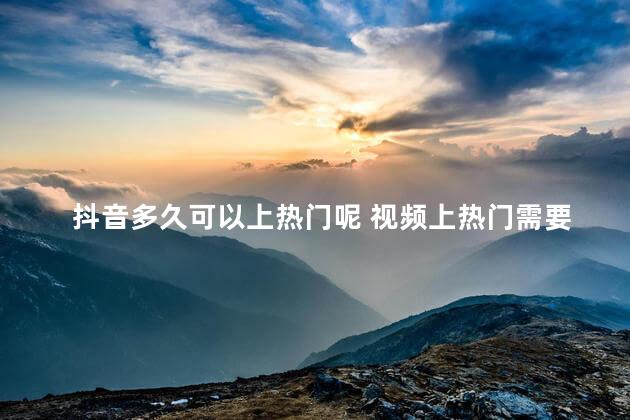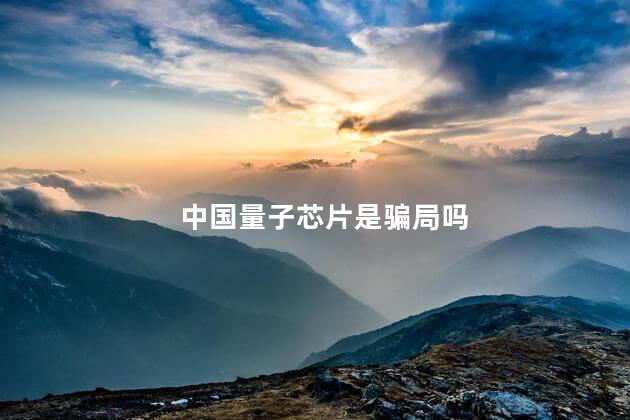关于真的吗的英文的知识点,成都头条网将为你整理了下面这些知识。

Is It Really True?
As human beings, we are naturally curious creatures. We want to know everything that is going on around us and learn as much as we can about the world we live in. However, with so much information available to us these days, it can be difficult to separate fact from fiction. That's where the question "Is it really true?" comes into play.
The Importance of Verifying Information
With the rise of social media and the internet, it's easier than ever to access information. However, not all of this information is accurate or truthful. That's why it's important to verify the information you come across before accepting it as fact.
Verifying information means:
- Checking multiple sources to ensure consistency of information;
- Looking for reliable and reputable sources;
- Being critical and skeptical of information that seems too good to be true;
- Fact-checking important details, such as names, dates, and locations; and
- Considering the motives behind the information being presented.
The Danger of False Information
False information can have real-world consequences. It can cause harm to individuals, damage reputations, and even influence political outcomes. For example, false information spread through social media during the 2016 US Presidential election led to accusations of election interference and prompts changes in electoral institutions.
Here are a few examples of the potential dangers of false information:
- Rumors about a disease outbreak can lead to panic and chaos;
- Fake news stories can harm an individual's reputation; and
- Misinformation about scientific topics can lead to a lack of action in addressing important issues such as climate change and public health threats.
How to Fact-Check Information
There are many ways to verify information, some of which have been mentioned above. Here are a few common methods for fact-checking:
- Use trusted fact-checking websites such as Snopes or FactCheck.org;
- Check the source of the information to see if it's reputable;
- Look for corroboration from multiple sources;
- Be wary of information that is presented with strong emotions or sensationalism; and
- Try to remain objective in your analysis of information.
In Conclusion
The world is filled with a wealth of information, but not all of it is true. It's up to us as individuals to be critical and skeptical of the information we come across and take the time to verify it before accepting it as fact. By doing so, we can help ensure that the information we share with others is reliable and accurate.















